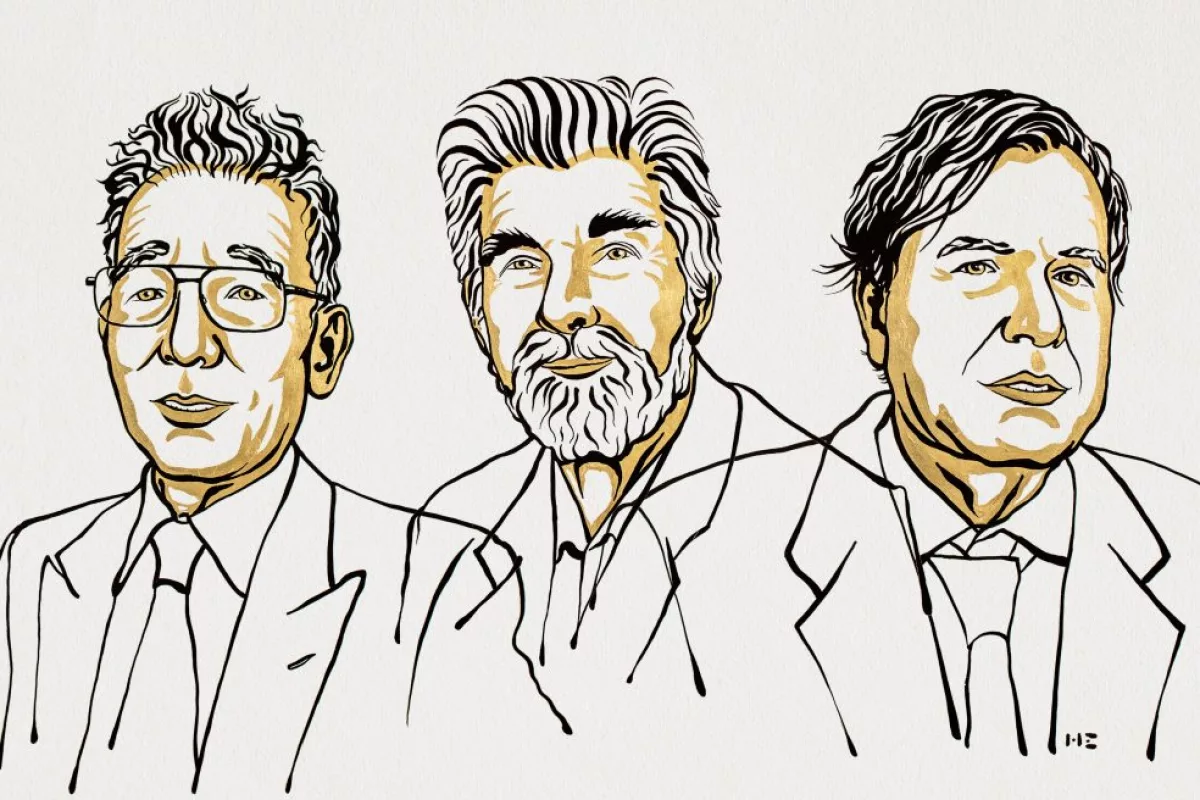The 2021 Nobel Prize in Physics has been awarded to three scientists for “groundbreaking contributions to our understanding of complex physical systems.” One half went jointly to Syukuro Manabe and Klaus Hasselmann for models that eventually predicted climate change, while the other half went to Giorgio Parisi for finding hidden patterns in apparently random systems.
Earth’s climate and weather systems are incredibly complex, but unraveling their interactions has been important for understanding human impact. In the 1960s, Syukuro Manabe led a team to develop models of Earth’s climate, and specifically demonstrated that higher levels of carbon dioxide in the atmosphere increased temperatures at the planet’s surface.
In the 1970s, Klaus Hasselmann built on that foundation with a new model that incorporated weather and climate. Specifically, it shed light on the mystery of why climate models can be so stable, while weather is chaotic and difficult to predict. His work also helped identify specific markers in the atmosphere created by both natural processes and human activity – which were later used to show that human emissions of carbon dioxide were behind rising temperatures.
And finally, Giorgio Parisi’s work helped bring more order to apparently disordered systems. In the 1980s he discovered that there were hidden patterns lurking in complex materials, which led to a clearer understanding of systems that were previously thought to be completely random.
“The discoveries being recognised this year demonstrate that our knowledge about the climate rests on a solid scientific foundation, based on a rigorous analysis of observations,” says Thors Hans Hansson, chair of the Nobel Committee for Physics. “This year’s Laureates have all contributed to us gaining deeper insight into the properties and evolution of complex physical systems.”
The 2021 Nobel Prize in Physiology or Medicine was yesterday awarded to two scientists who discovered touch receptors that allow us to perceive temperature and pressure. The Nobel Prize in Chemistry will follow tomorrow.
Source: Nobel Prize




